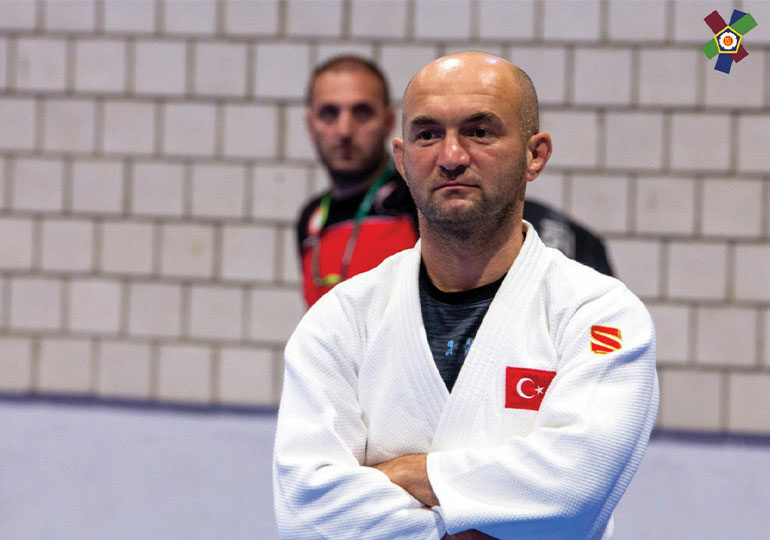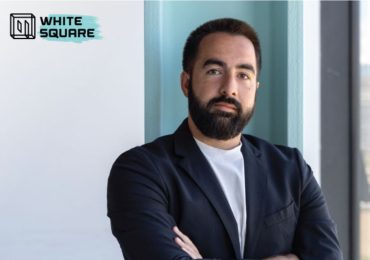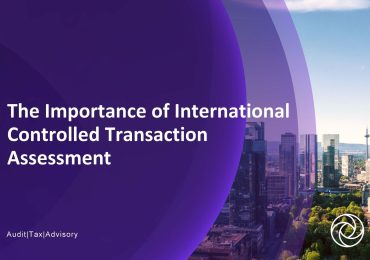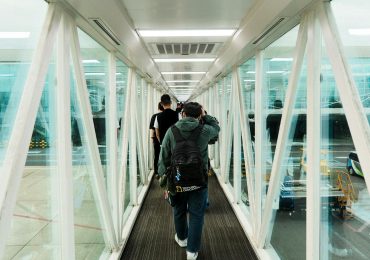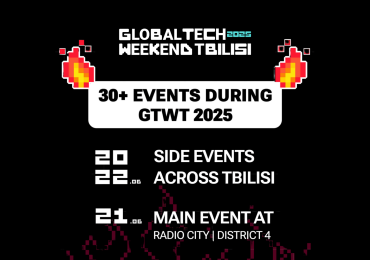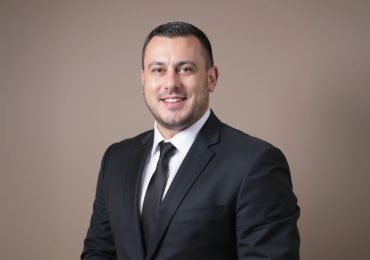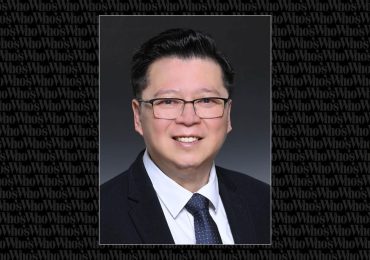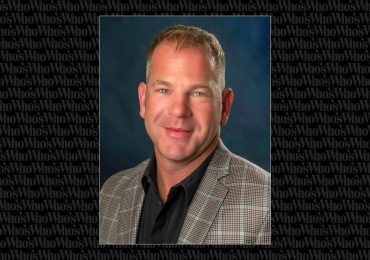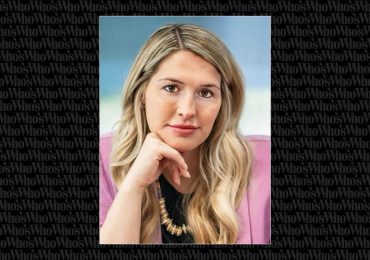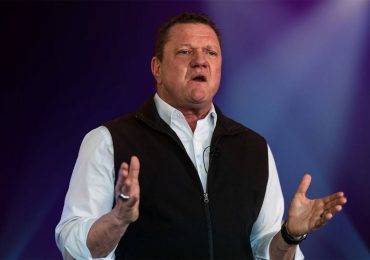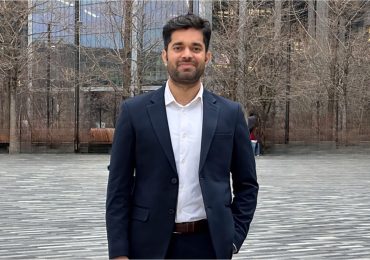The European Championship, the Tbilisi World Cup, and the Paris Grand Slam – these achievements are those of judoka David Asumbani. In addition to the personal accolades achieved before 2011, Asumbani’s name is synonymous with the success of the Georgian judo team and then the Turkish judo team as a coach. Now, his sporting ambitions include much larger-scale plans. David Asumbani aims to open judo clubs, integrate innovative programs into judo, and share his experience with young American athletes. Forbes Georgia introduces you to the famous judoka and judo coach from Georgia.
David, you ended your active judoka career at the age of twenty-six and continued working as a coach. How did you start out as a coach?
Judo has been in my life since my childhood. I have been active in the sport since 2003 when I became a member of the Georgian national team at the age of sixteen. I had a number of victories as a judoka, but due to injury I had to retire from active sports early and have been a coach since I was twenty-six years old. In 2012 I became the coach of the Georgian national team.
How would you sum up your coaching career?
I was the youngest coach in the history of the national judo team. In fact, I became a coach to athletes that I had wrestled with, which was good because I knew their needs and psychology and had no difficulty collaborating with them. The athletes did well. We achieved a lot with my programs and exercises. Those years were one of the best periods in the history of judo in Georgia. We were twice named the best team in Europe by the European Judo Union. We were also recognized as the best sports team in all of Georgia.
When the government saw progress and potential, the budget of the Georgian judo team increased. When I became a coach, the budget of the team was H1.5 million, and in four years it increased to H5 million because of the good work we did and the historical results we achieved.
Then there was Turkey…
After a successful coaching career in Georgia, I received a new offer from Turkey. It was a big challenge for me, however, as a young athlete, it was important not to stay in one place. After one goal is achieved, a new goal always emerges. So, it was Georgia first, then Turkey.
When I received the offer from Turkey, judo was a very underdeveloped sport in the country at that time. I worked there from 2017 to 2021, during this period we achieved historically good results. I was the coach of the seniors, juniors and the women’s team.
For twenty years Turkey had not won a medal at the World Cup, and we won three medals; they had not won a European Championship in fifteen years and they became three-time champions during my time there with the seniors. Turkey has never had a junior world champion, and we had a champion in 2018. There were other achievements as well – for example, we competed in the Tokyo Olympics. My contract expired, and although I was given the opportunity to stay, I preferred to move on. I had good offers from the UAE and Azerbaijan, but I decided to come to America.
What are your plans in America?
I have a large network in the field of judo around the world, which resulted in an offer to hold seminars in American judo clubs. I now conduct seminars on the practical and theoretical parts of judo in different states. I also have a great desire to open my very own club. I have other ideas as well since I am already known in the world of judo here. I see potential and that is why I have quite ambitious plans for this country. As you know, in 2028, the Olympic Games will be held in Los Angeles. Preparations are already underway and I have plans related to this too. I can also use my innovation in terms of training techniques. If the right programs are used over the next six years, the young generation of America can bring success to the country.
What do you mean by innovation?
Optimal and effective training and coaching programs – methods on which I am still working. I also take courses at the World Judo Federation Academy in Budapest that help me a lot.
Finally, I would like to ask you about Georgia, from your point of view, what does judo need in Georgia? How do you see its development in terms of funding and qualified staff?
The biggest challenge for Georgian judo is the lack of Olympic bases and sports medicine centres. The state should invest in this because the budgets of Olympic teams are state-funded. Many countries have different experiences in this regard, for example, in a lot of European countries the Judo Federation is tied to a business that finances it, and in return, it enjoys tax benefits from the state. We do not have this in Georgia. There are no sponsors, and consequently, we cannot develop the sport effectively. Proper management and professional PR are required. However, in the world today, we can say that we are one of the leading countries after Japan in terms of raw judo potential.
If we compare Georgia with Turkey in this respect, we can say that judo in Georgia is high class, while in Turkey there are not the right conditions required to develop potential in the sport.
